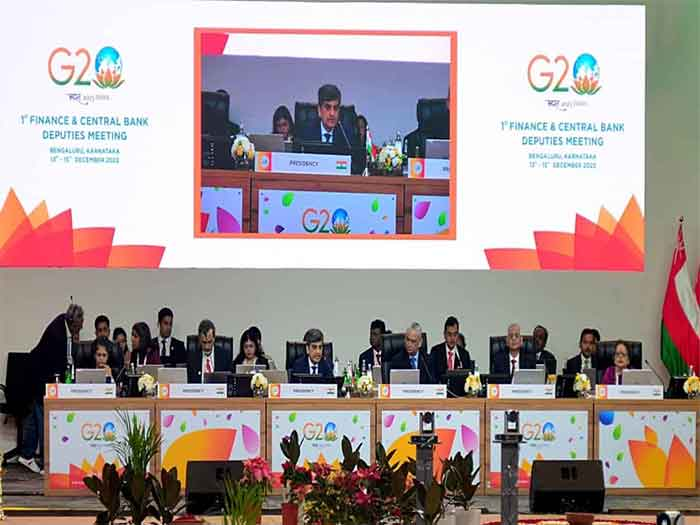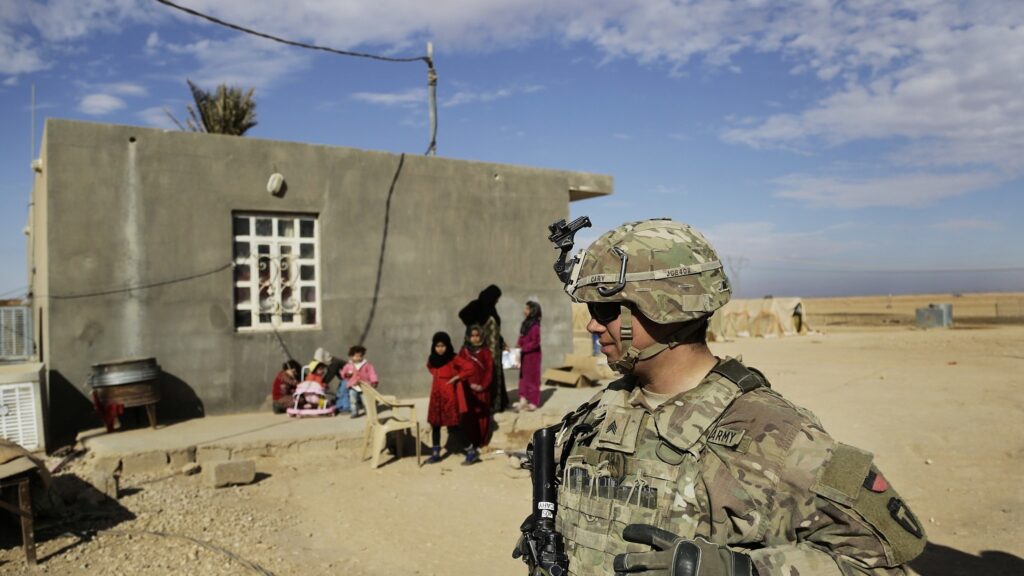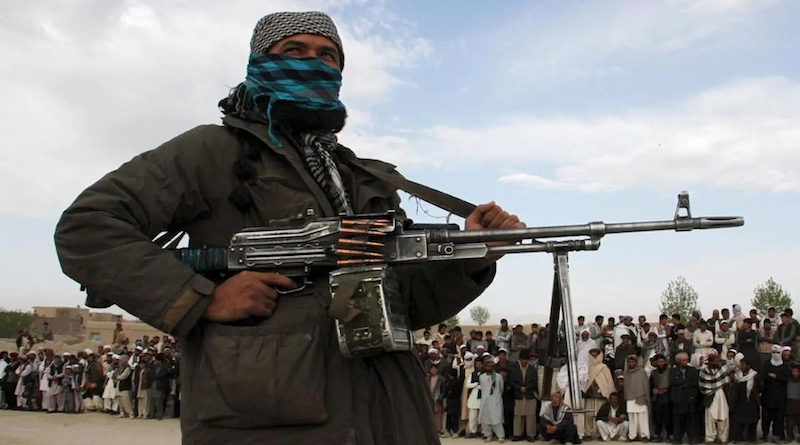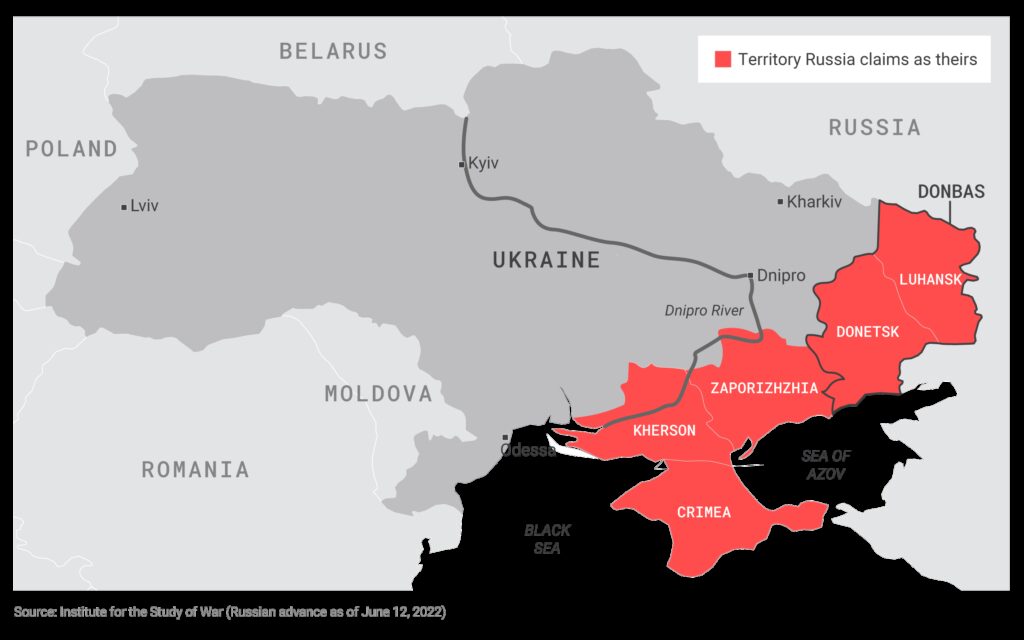Exploiter le chaos : l’Etat islamique et al-Qaeda
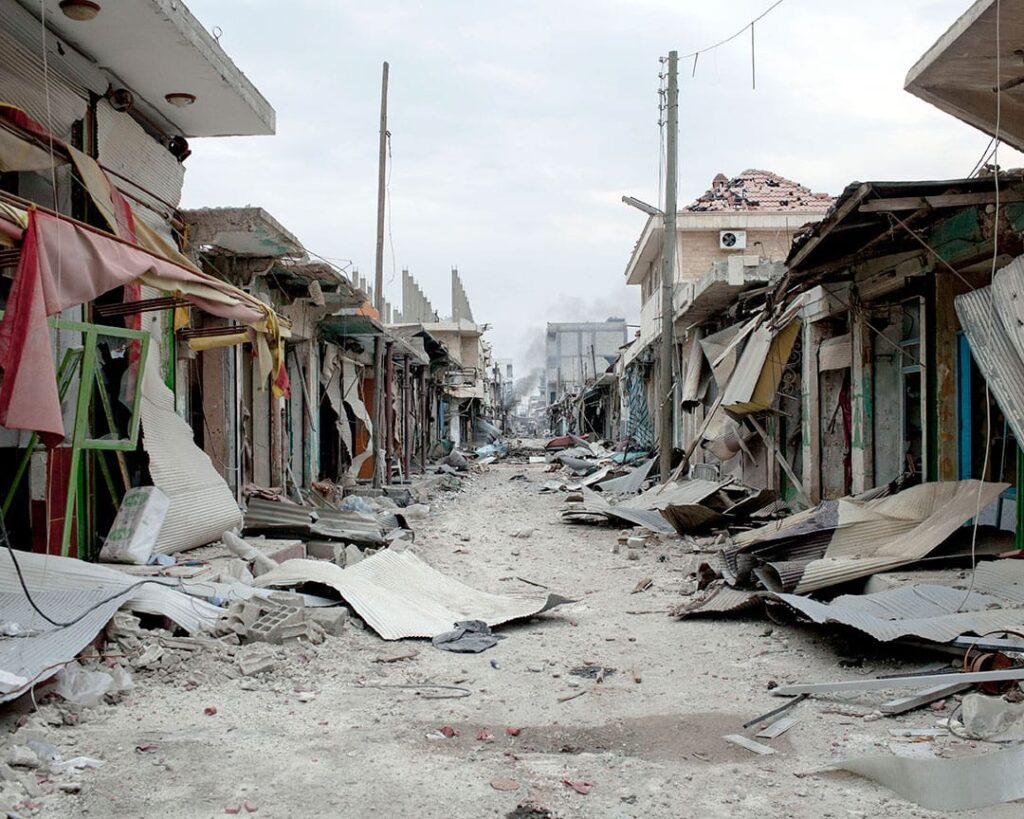
Synthèse
L’Etat islamique (EI), les groupes liés à al-Qaeda, Boko Haram et d’autres mouvements extrémistes sont les protagonistes des crises les plus meurtrières d’aujourd’hui, ce qui complique les efforts pour y mettre fin. Ils exploitent les guerres, la faillite des Etats et les bouleversements géopolitiques au Moyen-Orient, s’implantent en Afrique et constituent ailleurs une menace en constante évolution. Enrayer leur avancée nécessite d’éviter les erreurs qui ont permis leur ascension. Cela implique de distinguer les groupes selon leurs objectifs ; de faire un usage plus différencié de la force ; de ne pas repousser les militants sans avoir au préalable une alternative crédible ; et de considérer établir des voies de communication, même avec les plus radicaux. Il est également vital de désamorcer les crises dont ils se nourrissent et de prévenir l’apparition de nouveaux conflits, en poussant les dirigeants au dialogue, à l’intégration et aux réformes, et en réagissant avec mesure aux attaques terroristes. L’essentiel est que la lutte contre « l’extrémisme violent » ne distraie pas, ni n’aggrave, des menaces plus graves encore, notamment les rivalités croissantes entre puissances, régionales et internationales.


